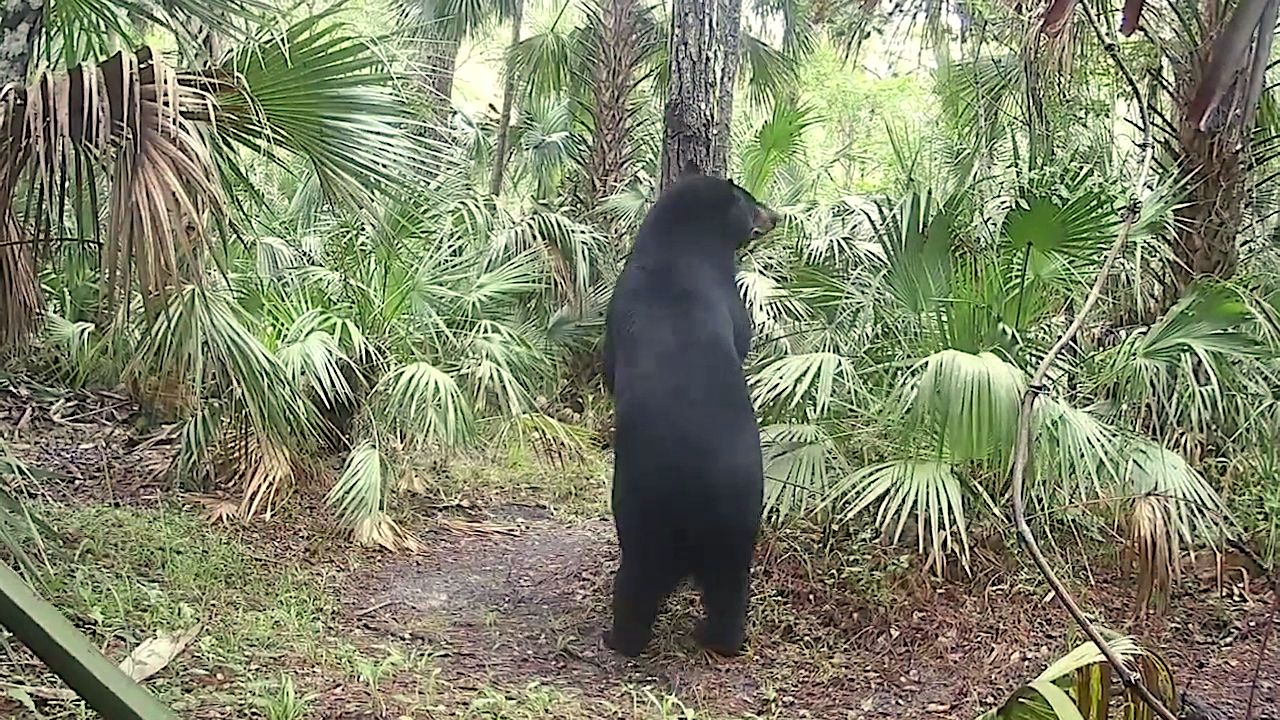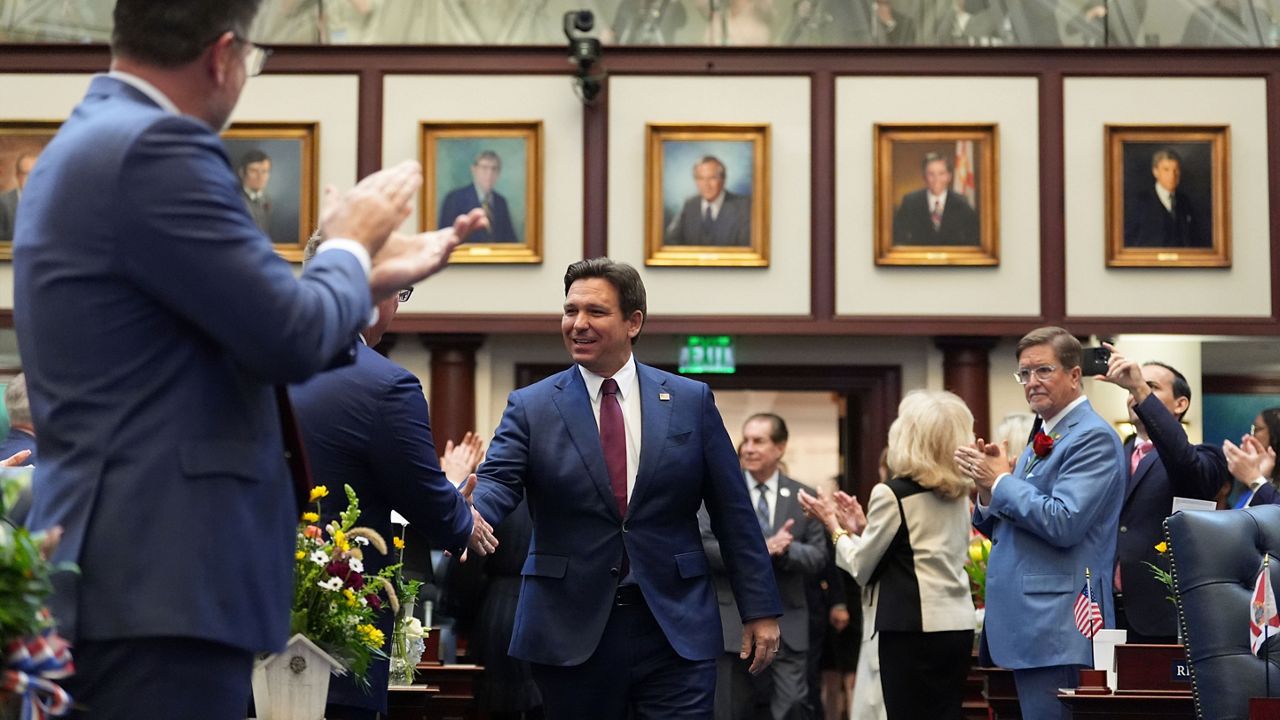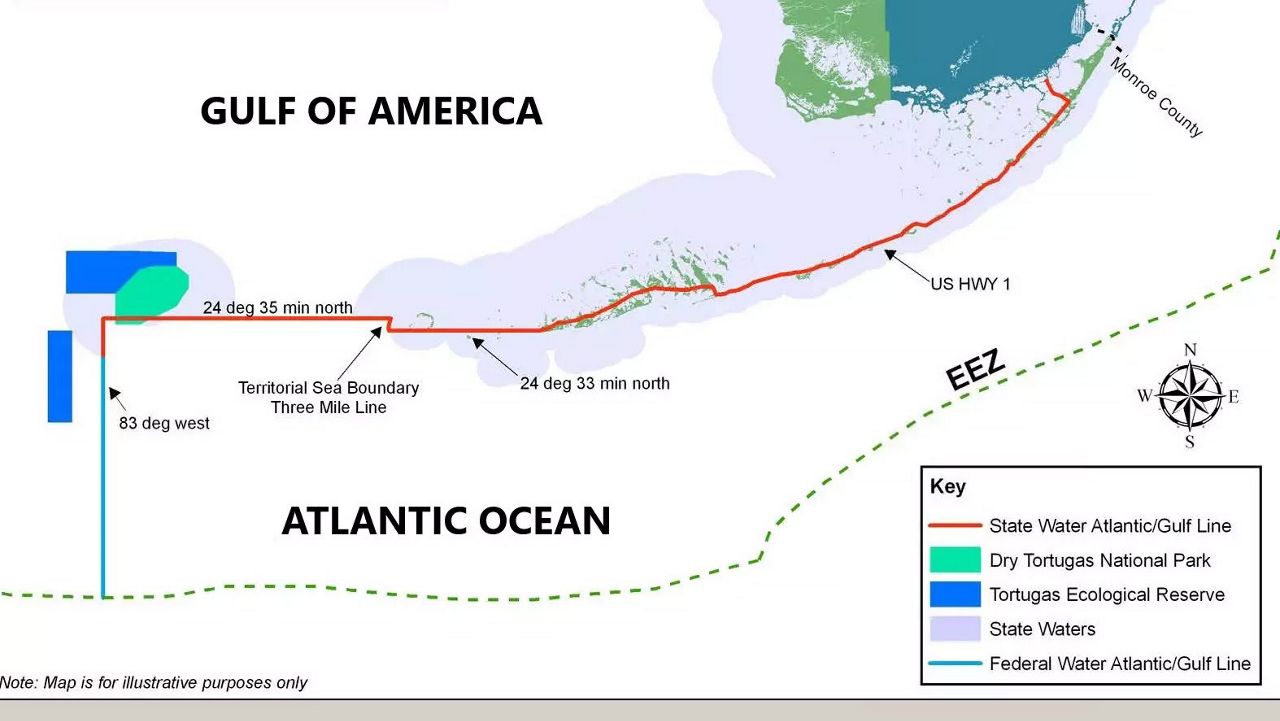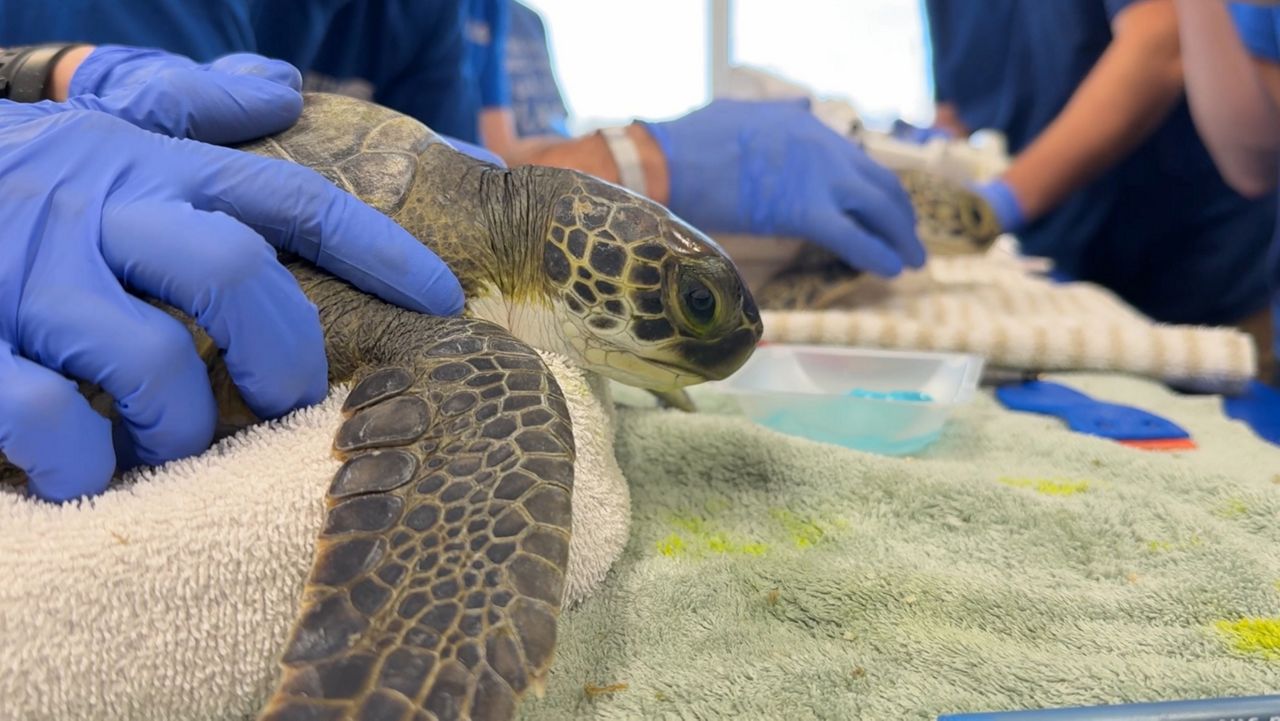The city of Tampa’s Department of Solid Waste & Environmental Program Management is currently conducting a study of recyclables collected from residents and businesses within the city, with an emphasis on ultimately cutting down on the percentage of contamination in its recycling bins.
What You Need To Know
- A large percentage of items put in recycling bins is not recyclable
- Tampa is taking out ads to educate the public
- Florida is not meeting its self-imposed goal for recycling
The study comes at a time when recycling has changed significantly around the globe over the past decade.
The Florida Legislature set a statewide weight-based recycling goal of 75% by this year, but that’s not going to happen. The statewide recycling rate is currently just at 49%, according to a 2019 report from the Florida Department of Environmental Protection.
“Many of the challenges we currently face with recycling have occurred as a result of changes in collection methods, recycling markets and the types and quality of materials acceptable for recycling,” the report reads.
A previous survey done by the city of Tampa showed that a whopping 37% of what is placed in recycling bins are contaminated items – meaning those items that are not recyclable or include dirty food containers (think of a stained pizza box).

To combat that problem, the city is reaching out via various outlets to educate the public (including inserts in utility bills; on billboards; in radio appearances by staff members, and now placing ads on Spotify and Pandora).
A seismic shift in recycling has been going on for a few years, ever since China banned the importation of many scrap materials and established a strict contamination rate on plastics. That decision has made it more expensive for local governments to recycle waste, and some cities even announced that they were suspending their programs, though most if not all have revived them.
“It basically changed the content and acceptable materials that we can place in our recyclable program,” said Mark Wilfalk, the city’s director of Solid Waste and Environmental Program Management.
Many U.S. cities are now losing money on recycling, but Wilfalk wouldn’t address if that’s the case with Tampa. “Our solid waste system is robust and strong enough to sustain a recycling program through these challenging times,” he said.
At the city’s McKay Bay Waste-to-Energy Facility, the material that can’t be recycled is burned in waste-fired boilers to generate steam, which is then routed to a turbine generator to make electricity. That energy is then sold to Seminole Electric Cooperative.
“I think our ratepayers can feel comfortable in knowing that we can repurpose that trash into energy,” he says.
The city of Tampa has also just launched a pilot backyard composting program for single-family home residents.
You can get information on that and their other programs here.









